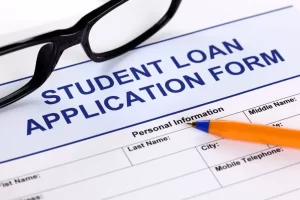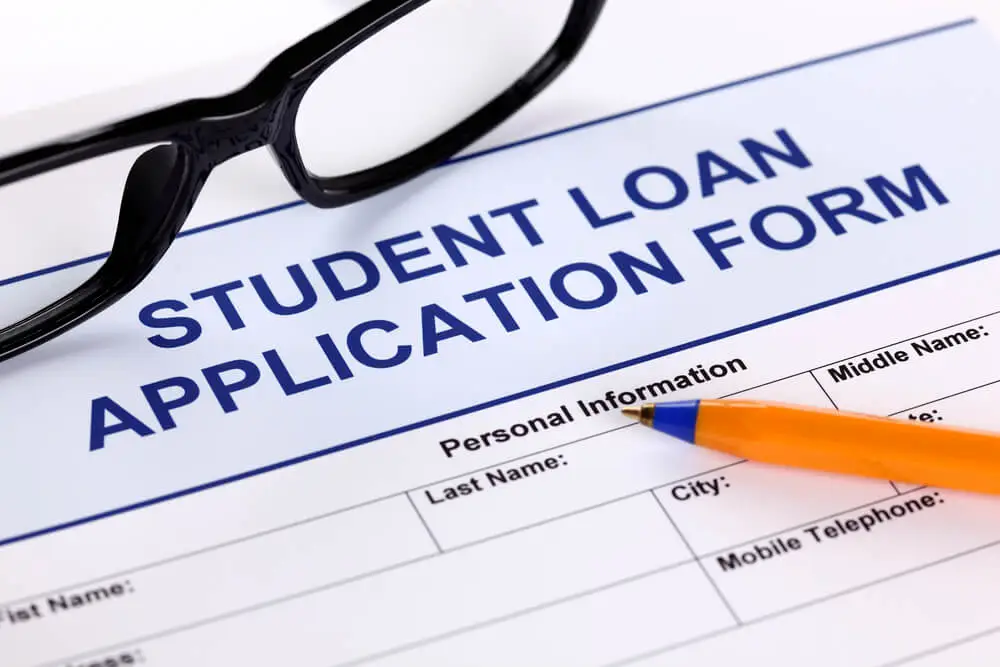Exploring Factors Affecting Student Loan Distribution in Divorce Proceedings in Passaic County, New Jersey

In most divorces, marital assets and debts are equitably divided, meaning a fair split, given the parties’ circumstances. Separate assets and debts are typically awarded to the party who owned the property or debt before the marriage. Thus, when it comes to student loans, the distribution depends on when the spouse incurred the loan and how the loan benefitted the marriage.
So, for example, a student loan incurred by one spouse before the marriage is the separate debt of the spouse who entered the union with the debt, which makes sense. After all, the education the loan purchased is an asset of the person who incurred the debt and got the education. Upon divorce, the parties cannot split the education as an asset, unlike a car loan incurred before marriage. Upon divorce, the car’s fair market value can be considered a marital asset, in whole or part, primarily when the parties used marital assets to make loan payments, and both used the vehicle.
Timing Considerations to Determine Spousal Responsibility for Student Debt in NJ
The timing of the student debt is crucial. In determining whether or how much of the debt belongs to each spouse, a judge first determines the debt’s character as separate or marital. For example, a student loan incurred during the marriage, whether on behalf of one spouse or the children of the marriage, is a marital debt; both spouses are responsible for paying the debt. On the other hand, a student debt incurred before the marriage is separate property, and the debtor is liable to pay the loan.
Equitable Distribution of Student Debt in Marital and Cosigning Scenarios
Also, when one spouse cosigns for the other, a court would most likely apportion the debt between the parties, and the loan company would require payment from the cosigner when the primary signatory cannot pay. Unless the primary signer refinances the loan or otherwise removes the cosigner’s name from the loan, both are on the hook to pay the student loan. Since an equitable apportionment of debts applies only to marital debts, the designation of the property as marital or separate is critical. So, those debts brought into the marriage or incurred during the marriage are subject to a fair split.
What is fair will rest on the facts surrounding the debt and actions of the parties. For example, when one spouse brings the student debt into the marriage, and marital income pays for it, a court may apportion other assets and debts to make it fair to the party leaving the marriage with the lion’s share of debt due to a student loan. Additionally, a court may look at the benefit the marriage enjoyed through one party’s professional salary acquired by an educational degree and student loan. When the salary significantly increases marital assets, a court may consider it in apportioning the student loan debt between the parties. A court may split the student loan debt or configure another fair proportional split.
Student Debt While Acquiring a Degree During Marriage
In addition, when one party acquires a professional degree during the marriage, and the other spouse supports the household to enable them to get their degree, the court may consider one party’s hardship during the marriage and assign the student loan to the degree-receiving spouse. Alternatively, a judge may award other assets to compensate the party who paid the bills and sacrificed their career while their spouse acquired an education. A court’s equity power can shift debts and assets in the marital debt and asset “pie” to do what’s fair.
Drafting Smart Pre and Post Nuptial Agreements
Of course, when a writing allocates the student loan debt to one party, the court and the parties are bound by the terms of a pre or postnuptial agreement. A prenuptial agreement may designate who is responsible for the student loan debt, which is the law governing the divorce. Likewise, a postnuptial agreement governs the asset and debt split in a divorce. So, one spouse may come into the marriage with a student loan, but the spouses later agree in writing that both spouses pay the debt. In that instance, both parties must pay the debt in the divorce unless the postnuptial agreement states otherwise and does not violate any laws.
How Refinancing Changes the Panorama of Student Loans
 Another situation that may convert a separate property student loan to a marital debt is a refinance. So, a spouse who comes into the marriage with a $60,000.00 student loan may only have to pay part of the debt when the spouse refinanced their home to pay off the debt. When the parties later divorce, the court will unlikely attribute the student loan to the spouse who incurred the original debt. The refinance and payoff of the student loan is equivalent to a written agreement for the separate debt becoming a marital debt in the absence of a written agreement to the contrary.
Another situation that may convert a separate property student loan to a marital debt is a refinance. So, a spouse who comes into the marriage with a $60,000.00 student loan may only have to pay part of the debt when the spouse refinanced their home to pay off the debt. When the parties later divorce, the court will unlikely attribute the student loan to the spouse who incurred the original debt. The refinance and payoff of the student loan is equivalent to a written agreement for the separate debt becoming a marital debt in the absence of a written agreement to the contrary.
Written agreements help the parties control what happens in a divorce. However, divorcing couples can resolve their debt allocation by agreeing to terms in a marital settlement agreement. An experienced family law attorney will advise you that you have a better chance of working out your asset and debt allocation between you and your spouse satisfactorily than allowing the court to divide your property. The optimal situation is to pay off a student loan before marriage, but barring that option, you and your spouse can agree to a fair property division.
Contact Our New Jersey Divorce Lawyers for a Free Confidential Consultation Regarding Your Student Loan
A family law attorney at Montanari Law Group can help you settle your divorce by informing you of the law that governs your divorce and what a family law judge would do in your circumstances. Our skilled divorce lawyers have crafted and negotiated numerous agreements and can lend our experience to your situation to help you knowledgeably agree to a marital settlement and avoid a trial.
As dedicated divorce attorneys helping clients throughout Passaic County, Bergen County, and Essex County, such as Hawthorne, Bloomingdale, Clifton, Fort Lee, Paramus, and Ridgefield Park, we can help you offset disproportionate debt to one party with marital assets when available. When assets are unavailable, we can advise you of the fairest and most logical way to handle post-divorce payments with an eye toward later refinancing or negotiating with the student loan lender. Contact us at (973) 233-4396 for a free consultation with a family law attorney about the best resolution when your divorce includes a student loan.

